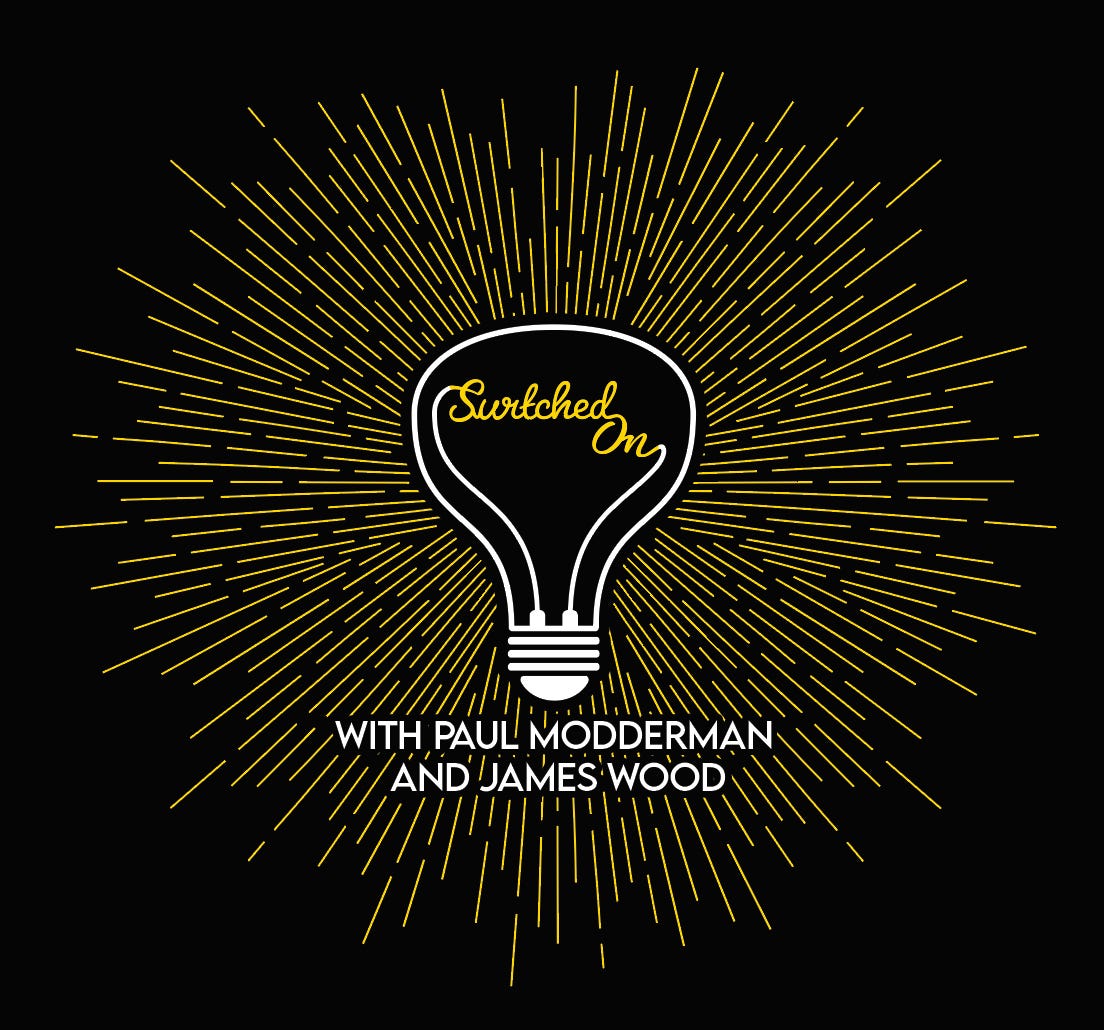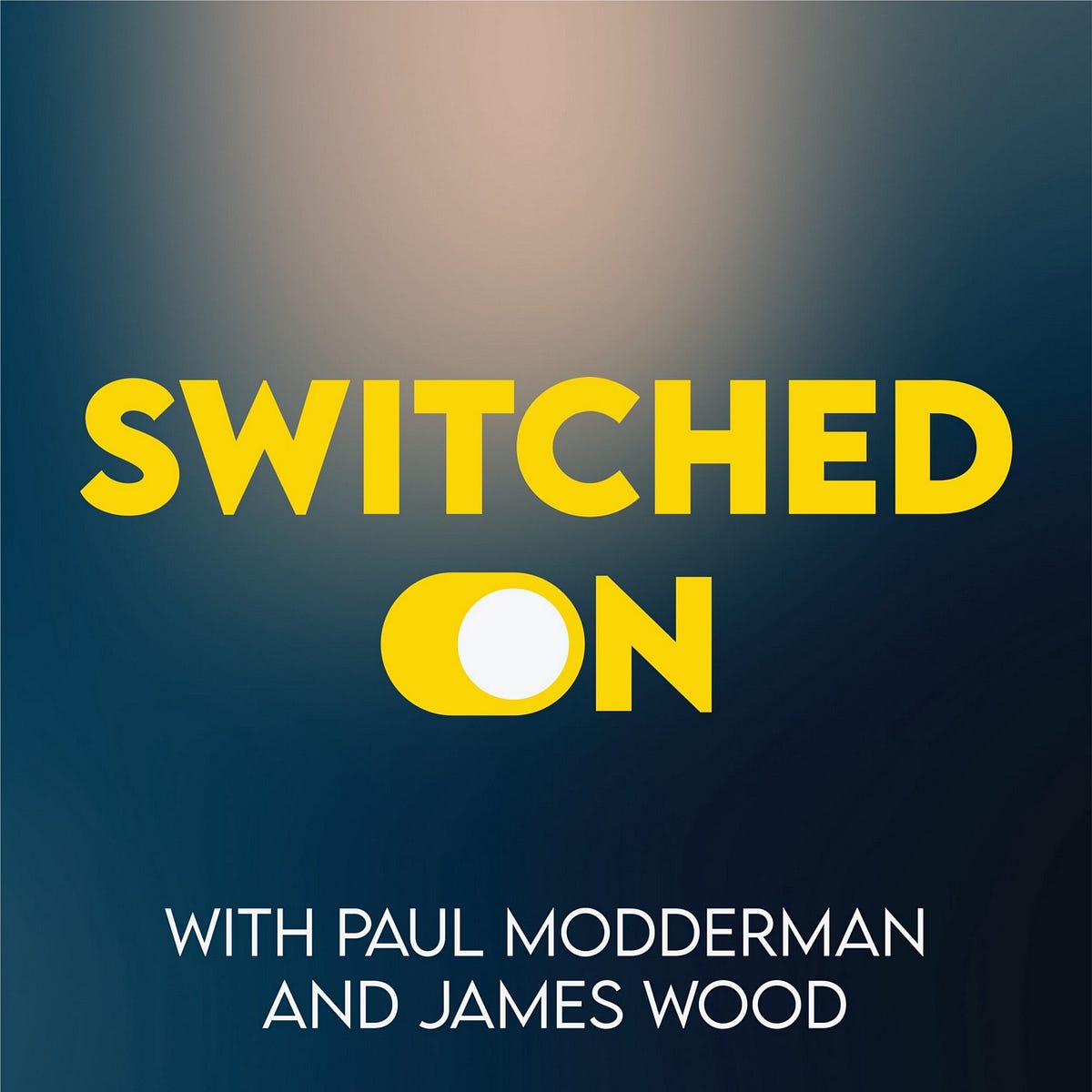In der 40. Episode des Smart Innovation Podcast ist Dr. Sven Schmidt-Rohr von Artiminds Robotik mein Gesprächspartner. Wir unterhalten uns über sensoradaptive Robotik und eine Skizze für das vollständige digitale Unternehmen.
Auf der Episoden Webseite sind weiterführende Informationen & ein Transkript: https://www.klausreichert.de/sven-schmidt-rohr-uber-sensoradaptive-robotik-und-eine-skizze-fur-das-vollstandige-digitale-unternehmen/
--
Innovation, Innovationsmanagement, Unternehmertum und Verantwortung im Kontext des Klimawandels
Umsetzungsorientiert & fokussiert auf Innovation
Gespräche mit engagierten und kreativen Menschen über Innovation, Innovationsmanagement, Unternehmertum und Verantwortung - gerade im Kontext des Klimawandels.
Dabei sein & Mitreden bei den Live Aufnahmen
Bei den Live Aufnahmen können die Teilnehmenden sich einbringen und Fragen stellen
Vom Zuhören ins Umsetzen kommen
In jeder Folge gibt es ein kurzzeitig verfügbares Angebot. So wird Innovation für die Teilnehmenden lebendig und gleich umsetzbar.
--
Im Smart Innovation Podcast geht es um innovative agile Organisationen mit Vision, Dynamik und Energie sowie den passenden Vorgehensweisen, Neues auch enkeltauglich zu entwerfen. Ebenso geht es um wechselnde aktuelle Themen wie neue Geschäftsmodelle, nachhaltige Produkte & digitale Dienstleistungen. Episoden erscheinen zum Wochenende bei Apple, Spotify, Youtube & Co. Aktuelle Termine sowie alle Folgen mit Links und Transkript auf https://www.klausreichert.de/podcast/
--
Sie sollten den Podcast hören, wenn Sie eine kreative, gemeinsame, pragmatische Form des Innovationsmanagement suchen. Er wendet sich an engagierte Menschen, die ihr Unternehmen durch Innovation weiter entwickeln wollen und sich nicht mit bürokratischen Lösungen zufrieden geben. Die etwas für die Zukunft dazu lernen wollen und sich gerne auch mit ihrem Wissen und ihren Erfahrungen einbringen. Das sind mutige UnternehmerInnen, Innovationsmanager, Produktmanager, Organisationsentwickler, Business Designer, Product Owner, Nachhaltigkeitsmanager, Klimaschutzbeauftragte: das Feld ist ziemlich groß, die Jobbezeichnungen sehr vielfältig.
--
Mein Name ist Klaus Reichert. Ich bin unabhängiger Berater und Business Coach mit Herzblut für Innovation und begleite Unternehmen auf dem Weg von der Vision zu Leistungen. Mein Standort ist #TheLänd Baden-Württemberg: https://www.klausreichert.de

















